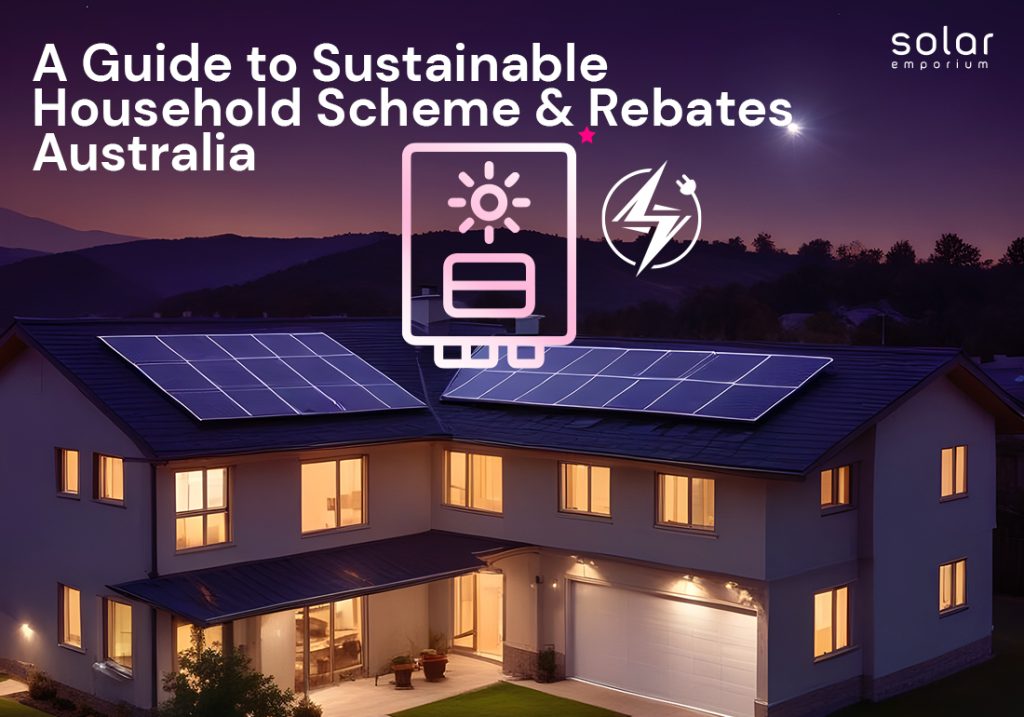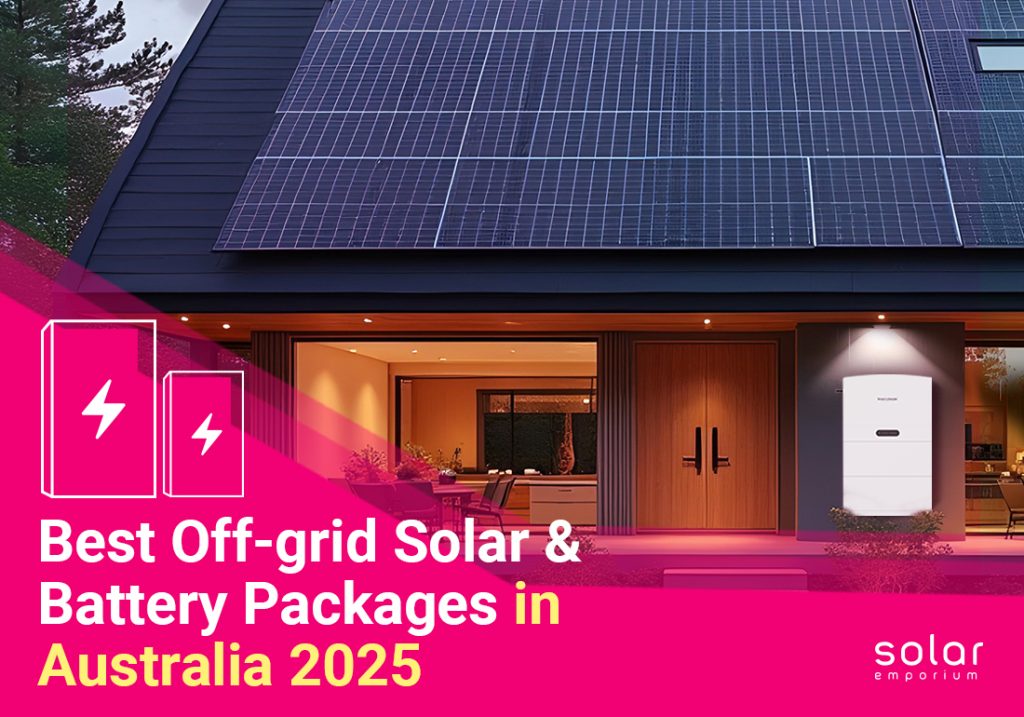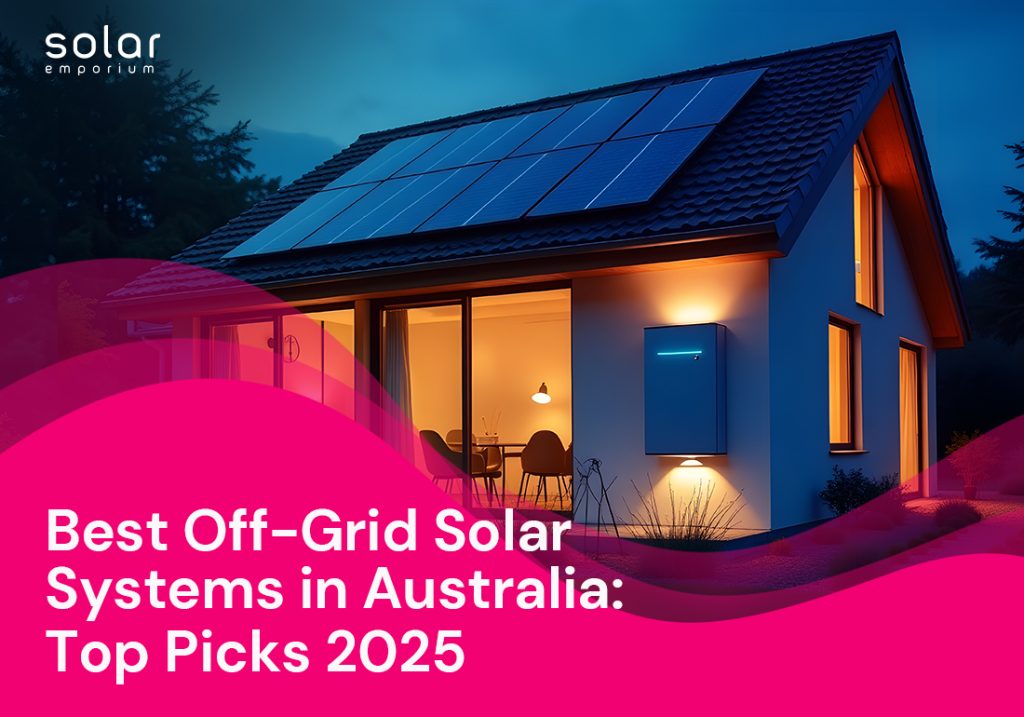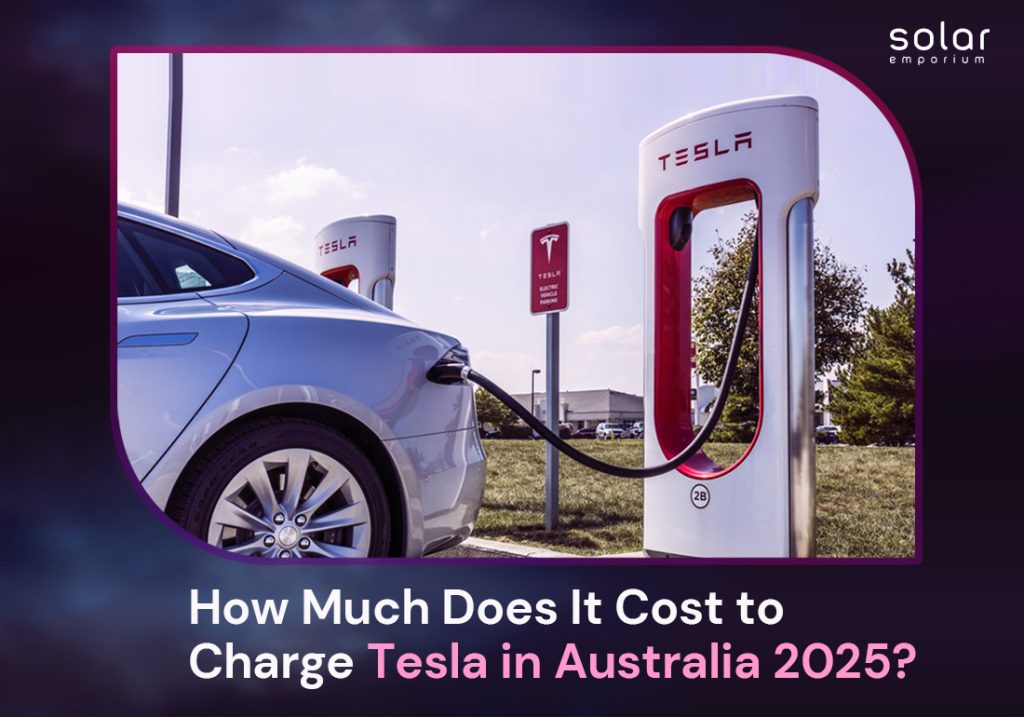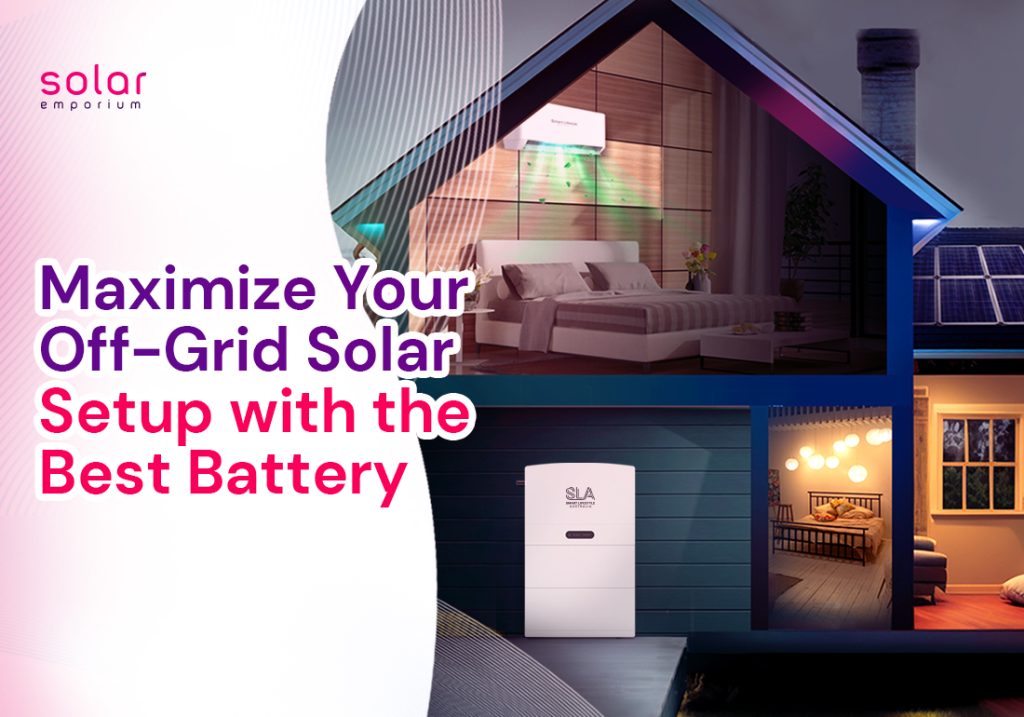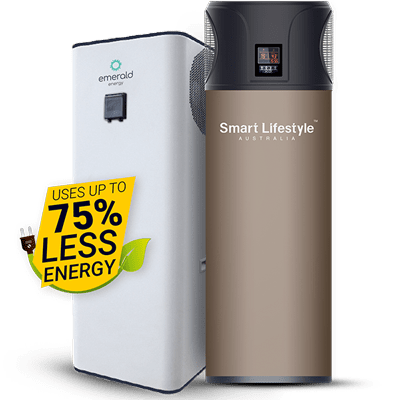After the post-pandemic economic storm, everyone is looking for new investment opportunities. They also want to eliminate inflation as it takes away our cash.
Despite the controversy, home solar is a good investment and inflation hedge for many homeowners. Aside from energy savings and increased home value, solar provides a performance warranty, something few other investments can do.
Does solar investment save money? This article will examine if solar can be a good investment for your home. And how it plays against other traditional options. Therefore, let’s go into the article with some basics of solar.
What Exactly is a Photovoltaic (PV) Solar System?
A solar photovoltaic (PV) system converts solar energy into renewable electricity. It is also known as solar panels or solar power. Solar panels are usually installed on the roof of a house or shed, facing north so that they have better access to the sun.
However, panels are sometimes installed to face in other directions if there is limited roof space for solar access. Some west-facing PV panels can also be beneficial because they generate more electricity on a hot summer afternoon when you may be using an air conditioner.
Types of Solar Photovoltaic (PV) Systems
Solar photovoltaic panels in Australia are typically connected to the power grid and generate DC (direct current) electricity. An inverter converts this DC electricity into the 240-volt AC (alternating current) electricity needed to power your home’s electrical appliances.
- PV System: The PV system generates electricity delivered directly to your home for consumption, with any excess exported to the power grid. When it is dark, your house will draw power from the grid.
- PV System with Battery: Solar PV systems with battery systems can also be installed, but they are far less common than grid-connected systems.
Solar PV systems with batteries enable the storage of PV-generated electricity for use at night or during periods of low sunlight, as well as the operation of electrical appliances during power outages in some cases.
If the battery installed is large enough, a house can be completely disconnected from the power grid; however, these systems usually require a diesel generator backup and are expensive to install.
Advantages of Solar PV Systems
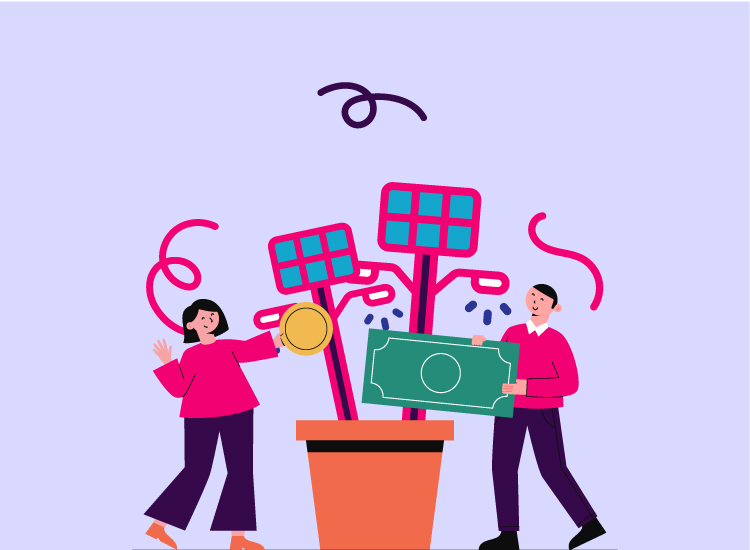
Installing a solar PV system allows you to generate renewable energy while lowering energy bills.
A typical house in Victoria uses about 17 kilowatt-hours of electricity per day. Solar PV systems can typically generate 2kWh to 4kWh energy for each KW solar installed. For example, a 6.6kW solar system is expected to produce 13.2kWh to 26.5kWh of energy.
The size of your PV system determines the amount of PV-generated electricity used in your home, your total electricity consumption, and how much you consume during the day.
The more electricity you use during the day, the more PV-generated electricity you will use. Typically, 30 to 50% of a PV system’s electricity is consumed at home, with the remaining 70 to 50% exported to the grid.
This lowers your annual electric bill and retailer’s bill.
Apart from bill reduction, there are other benefits. Such as-
- Increases the value of a home
- Solar credit can give your initial money back
- Panels are low maintenance
- It can provide electricity in any climate if there’s a battery involved
What are Tariffs for Feed-in
So Does Solar Investment Save Money?
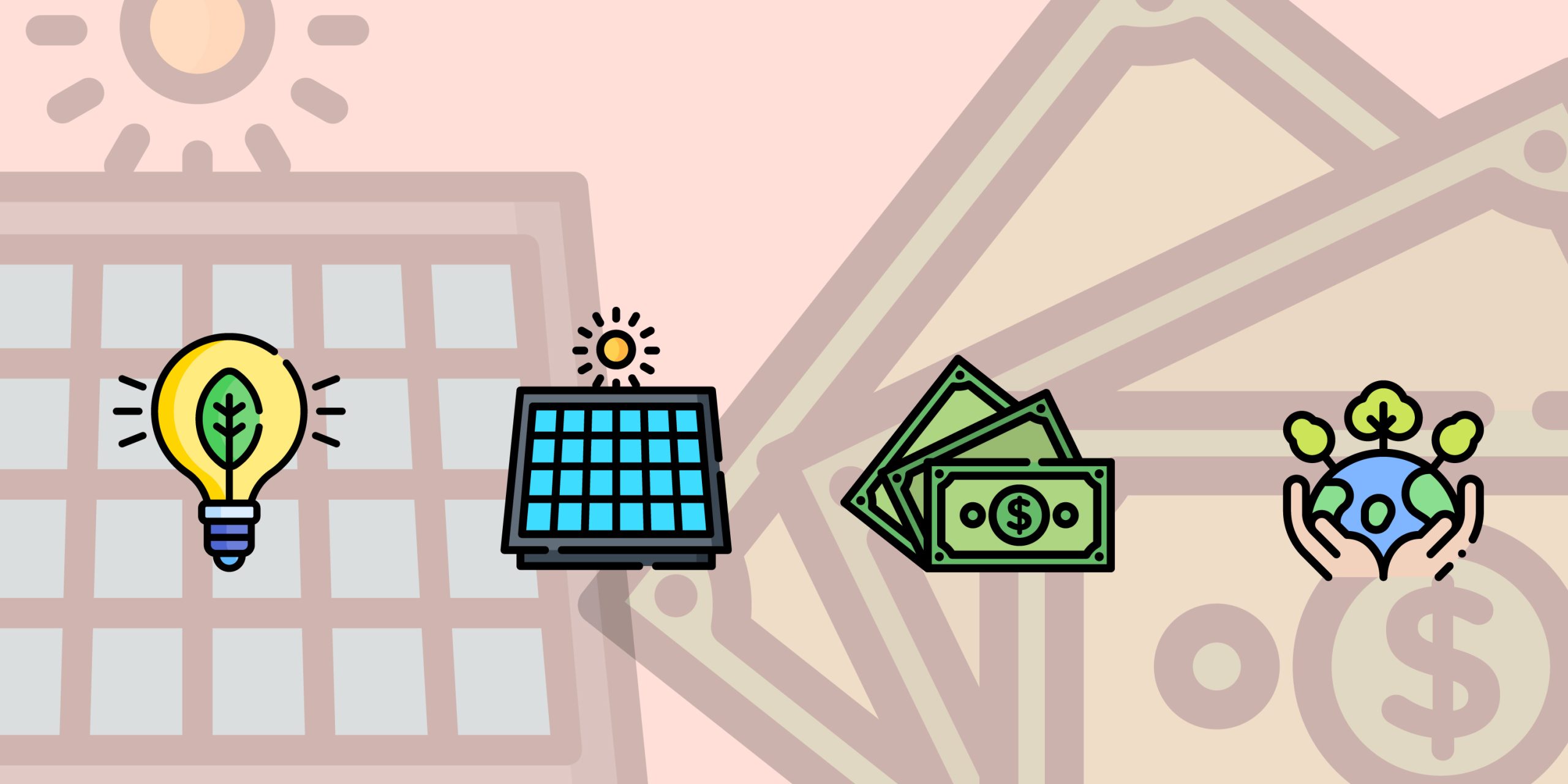
Solar energy is a clean source that recently gained popularity in lowering energy bills and the carbon footprint of homes and businesses. Many people, however, are concerned about the economics of solar energy and whether it is a financially viable option. Here, we’ll look at solar energy’s costs and potential savings.
Solar panels’ cost varies on several things, such as system size, panel type, and location. On the other hand, a solar panel system can range in price from $10,000 to $30,000.
Various factors, including your location, energy consumption habits, and solar panel system, determine the potential savings from solar energy. You can use a solar panel calculator to get a more accurate estimate of your potential savings. It considers these factors and estimates your potential savings, depending on your area.
Solar energy can be an excellent investment for homeowners and businesses looking to lower their energy bills and carbon footprint. Solar panels can increase your home’s value and save money on energy bills. A solar panel system is a valuable asset that can increase the value of your home to potential buyers.
According to studies, homes with solar panel systems can sell for up to 4.1% more than comparable homes without solar.
However, it’s essential to consider the upfront cost of solar panels and whether you can recoup this cost through energy savings. Consider your energy needs, budget, and long-term energy goals to determine whether solar energy is a good investment. In our opinion, it should be a good investment.
Check out our solar packages for the best prices.
The Up-front Cost of Solar Panels
We need to understand the initial outlay involves installing solar panels. Before calculating your ongoing savings from switching to solar power, We need to consider the government rebates and taxes.
As you plan your initial budget, consider the following factors: where you live and the solar installers you choose.
- Rebates and incentives for solar power are available from the government or the Clean Energy Council.
- The solar installation process varies depending on the retailer or installer you select
- The type of solar panel system and the number of panels
- Solar inverter type and size
- Whether to purchase solar batteries
- The type of framing equipment and other solar panel system components
- Any warranties and agreements for after-sales service
To calculate your solar cost, contact us and get a free quote.

